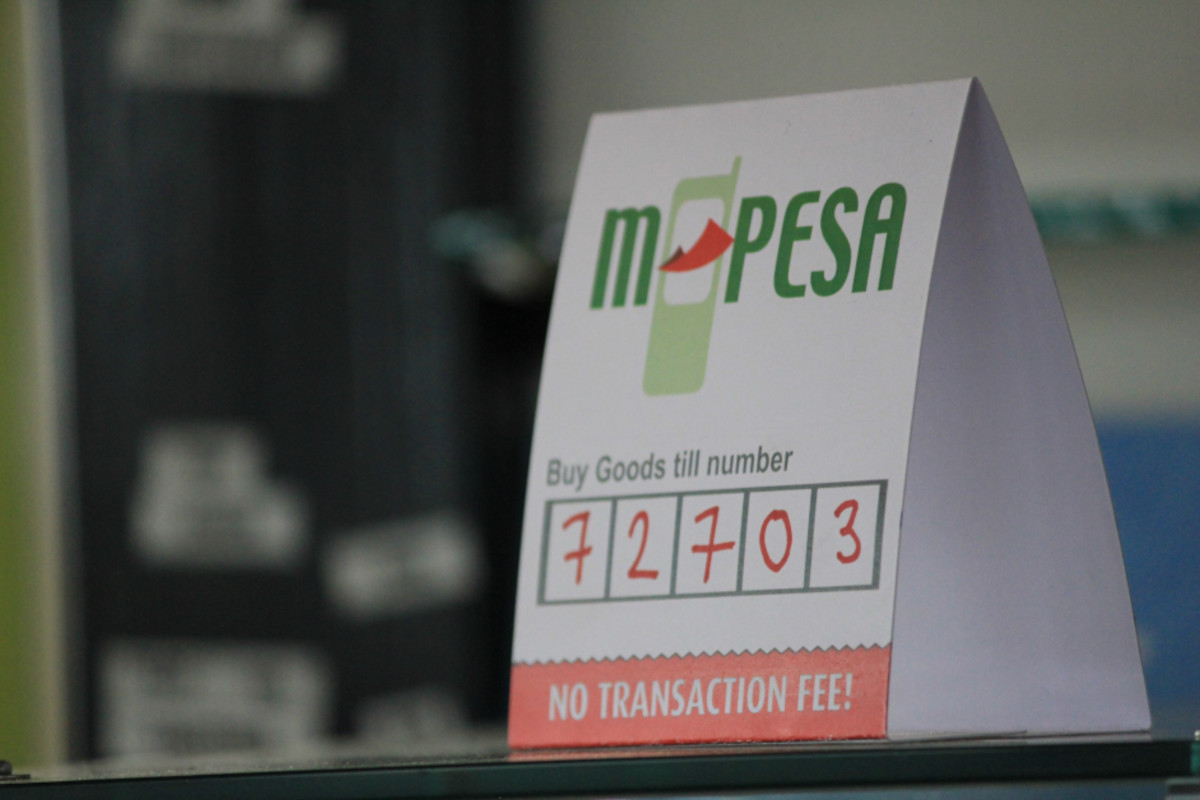Safaricom remains a Kenyan corporate giant
Safaricom is a Kenyan telecommunications giant behind the pioneering M-Pesa mobile payment system.
Over the last few years it has thrived, increasing revenues and profits (earnings tripled in 7 years). it is world renown for its M-Pesa scheme, and has expanded beyond its home base of Kenya across Africa. It remains the largest company on the Nairobi Securities Exchange by market capitalisation.
It released its H1 2020 figures earlier this week which gave us a closer look on how it is managing through the COVID-19 pandemic.
Safaricom remains a Kenya corporate juggernaut but COVID-19 has shaken it a bit.
Headline figures indicate tough times
At initial glance it seems that Covid-19 has slowed Safaricom in its tracks;
